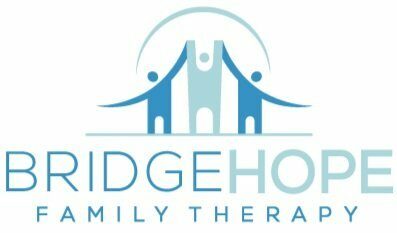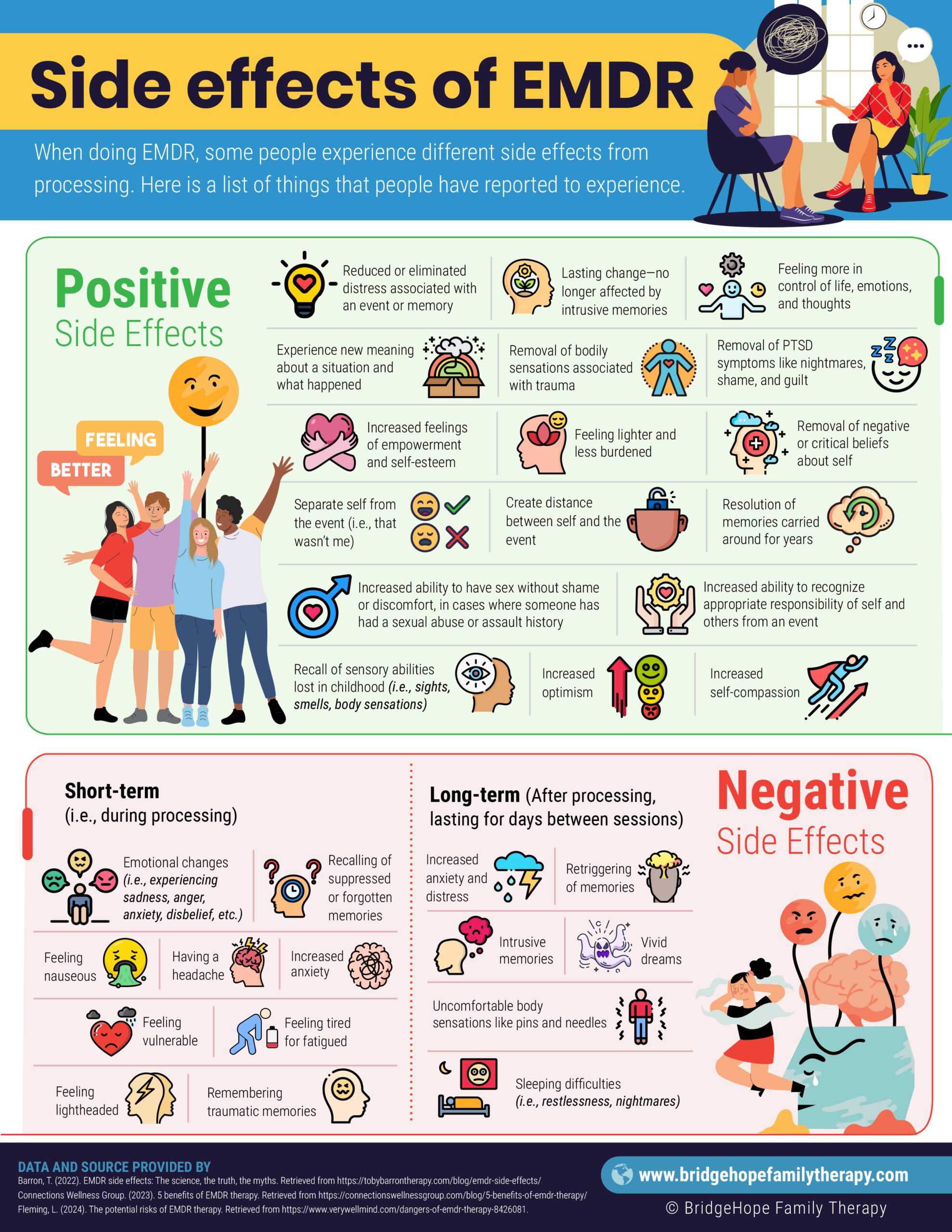In the 1990’s a unique and novel research study was conducted and explored whether a link exists between early childhood experiences and health outcomes and choices later in life. Known as the “CDC-Kaiser Ace Study,” or the ACE study, its findings from over 17,000 men and women became transformative to how we understand adverse experiences in life and how they are linked with mental and physical health outcomes in adulthood.
What are ACEs?
The term “ACE” stands for “Adverse Childhood Experiences.” In the study, the researchers looked at three categories (i.e., abuse, neglect, household dysfunction) of ten experiences: emotional abuse, physical abuse, sexual abuse, emotional neglect, physical neglect, mother treated violently, substance abuse in the household, mental illness in the household, parental separation or divorce, and incarcerated household member. These situations are sometimes referred to as “coming from hard places.”
About the Study & Its Findings
Adults who took the study marked a “yes” or “no” for whether they experienced these experiences growing up and then tallied their total. Researchers found that nearly 66% of over 17,000 who participated experienced at least one ACE and over 20% of participants experienced three or more ACEs. Researchers also discovered that as ACE number increases, so does negative outcome risk, with four or more ACEs contributing to greater risk. See the categories and their descriptions in the table below to see the seven different risk categories.

As ACE number increases, so does negative outcome risk.
What about me?
You may be reading this and thinking, “Oh great. I’m near the threshold of three or more ACEs…”. Take a breath. It’s normal for your brain to make conclusions about information—after all, its job is to protect you and keep you safe. However, just because you have ACEs and this study was done, does not necessarily mean that you will have negative outcomes. In other words, correlation is not causation. There is a difference between negative symptoms and having a disorder or mental illness. Many people experience ACEs and can move forward without a diagnosis.
When Should I Seek Therapy?
Seeking support in therapy for symptoms is a great idea you are experiencing:
-
Hypervigilance
-
Irritability
-
Angry outbursts
-
Withdrawing from or avoiding social engagements
-
Self-destructive behavior (i.e., cutting, burning, self-harming)
-
Hypersensitivity or over-the-top startle response
-
Sleep challenges (i.e., nightmares, trouble falling, or staying asleep)
-
Perpetual memories that create distress about the ACE
-
Distressing reminders about the ACE
-
Are avoiding things related to the ACE
-
Believing that “I am bad”; “No one can be trusted”; or “I am ruined”
-
Feeling stuck in fear, anger, guilt or shame

View inside BridgeHope Family Therapy’s office.
You can also seek help if you want guidance or ideas on how to manage your symptoms. Seeking help can further be helpful in reducing the distress you may feel from your symptoms. If you find that your typical ways of coping with your symptoms aren’t working or aren’t working like they used to, this would be another time to seek assistance. Therapy is an excellent way to get the help you need. Therapy can make a difference in reducing your symptoms and empowering you. Not only will you find an uninvolved third party and learn coping strategies, but you will also have opportunities to reprocess your past.
Reach out below to start your path to healing.
Send me a message about your goals for change
In the next blog post, we will explore how trauma can affect your brain.




